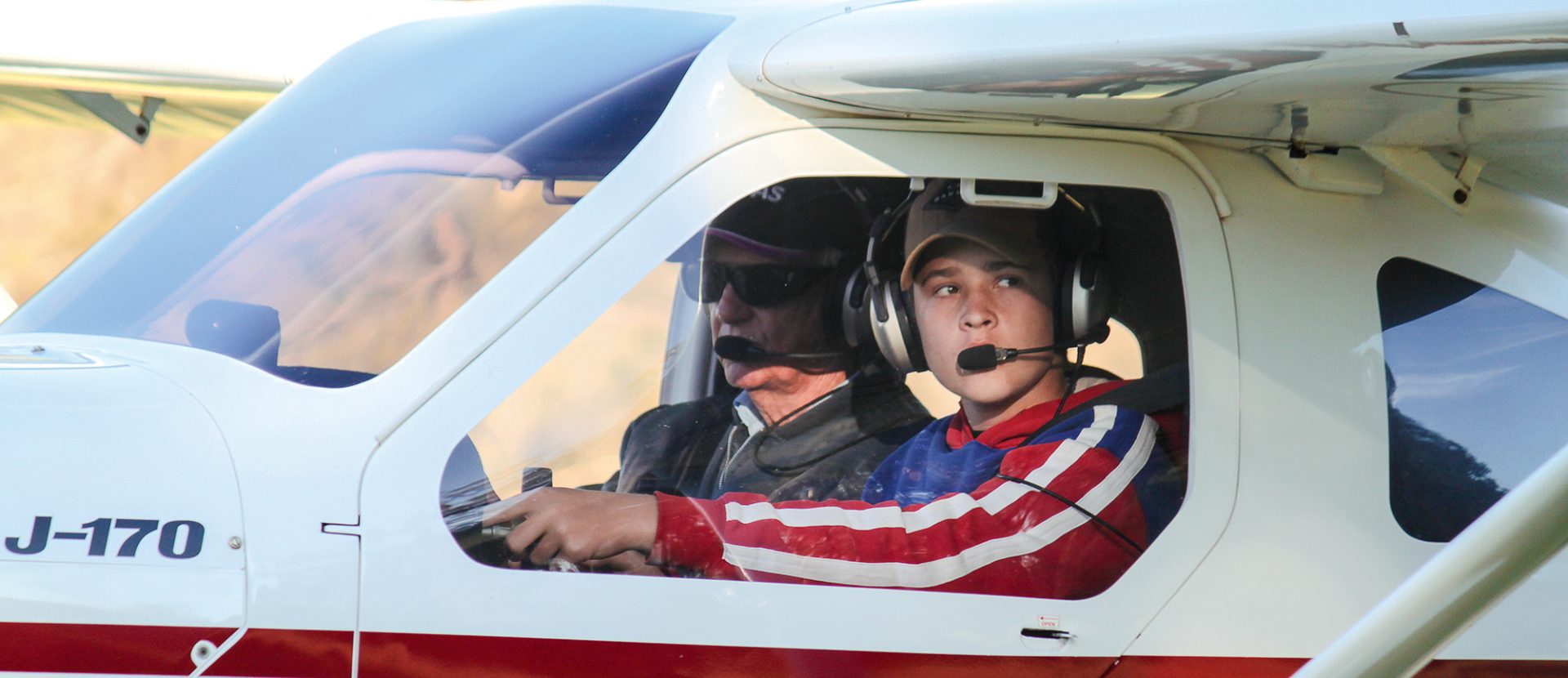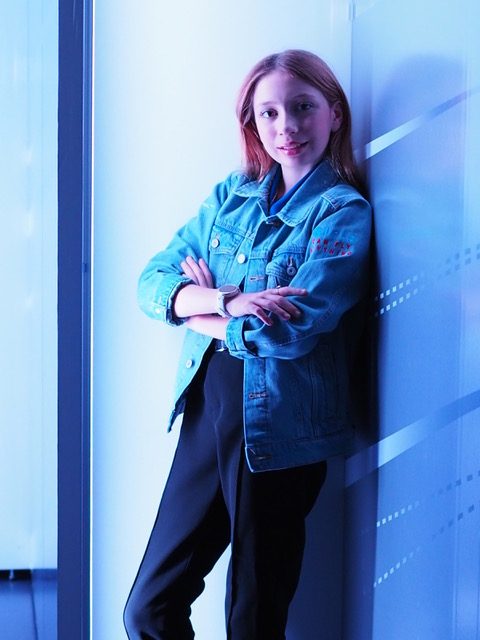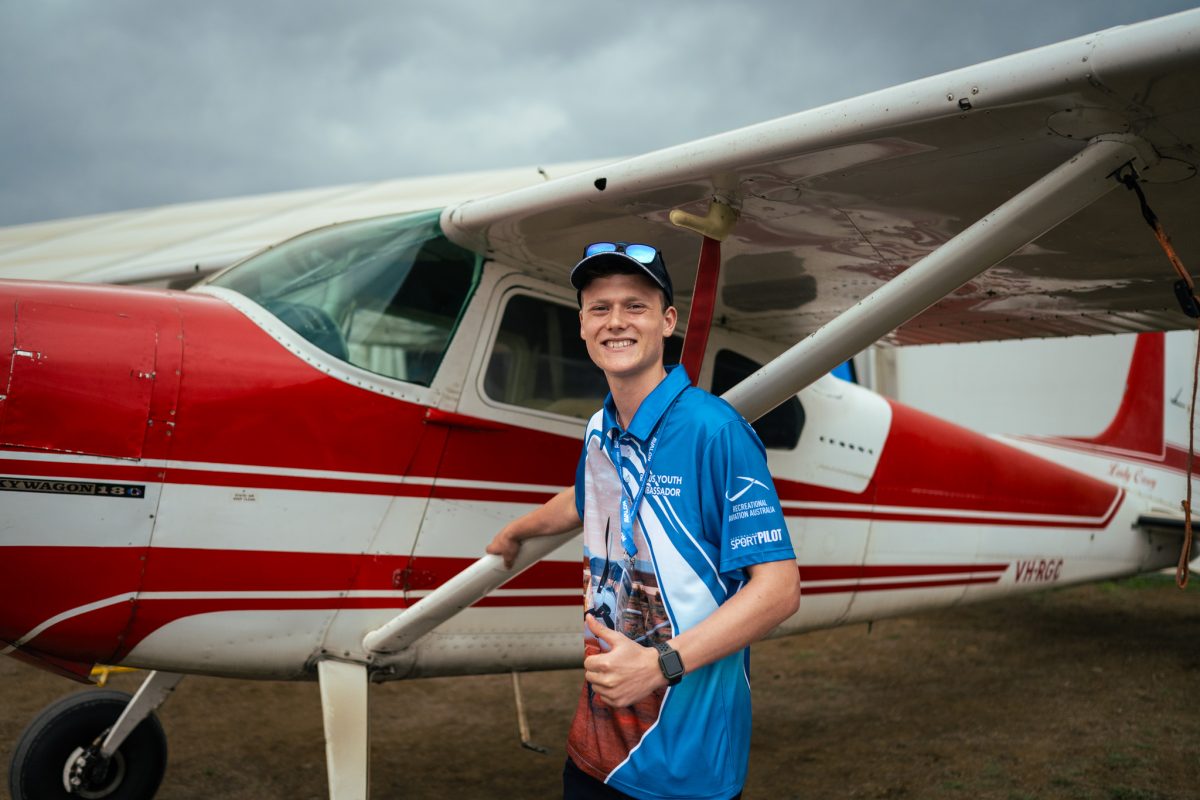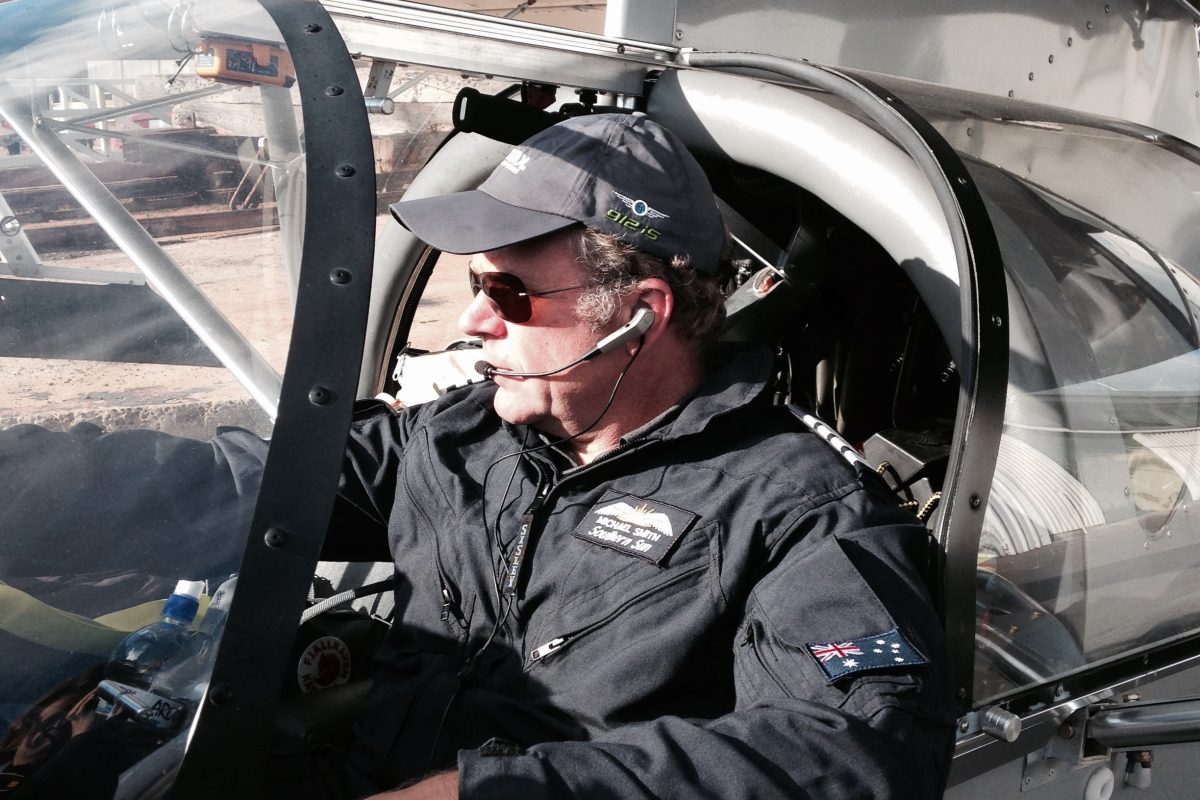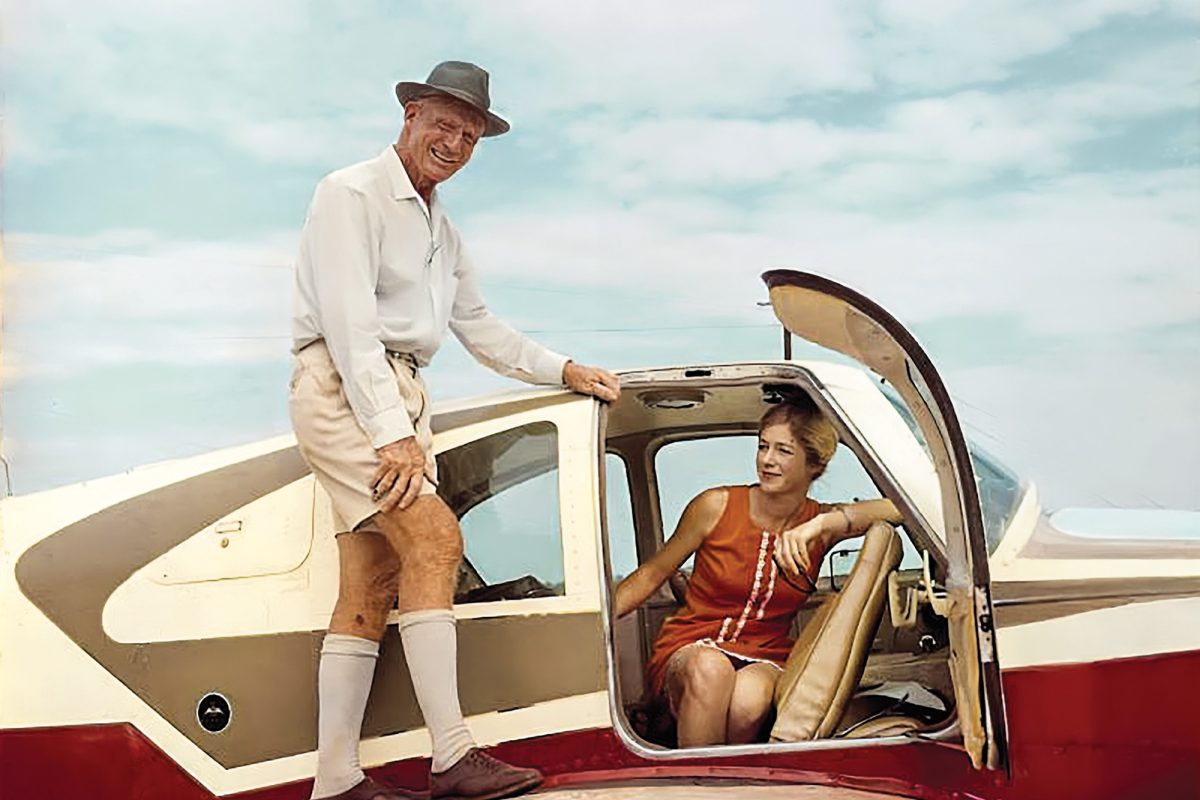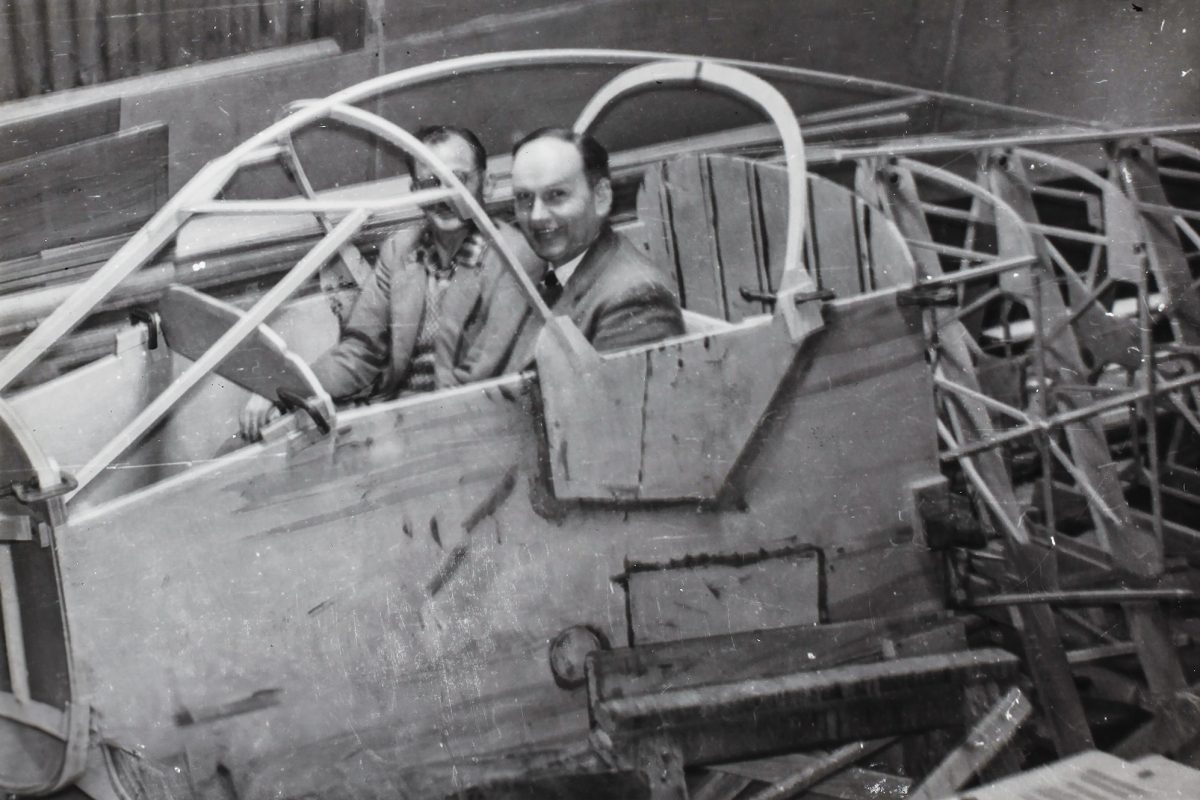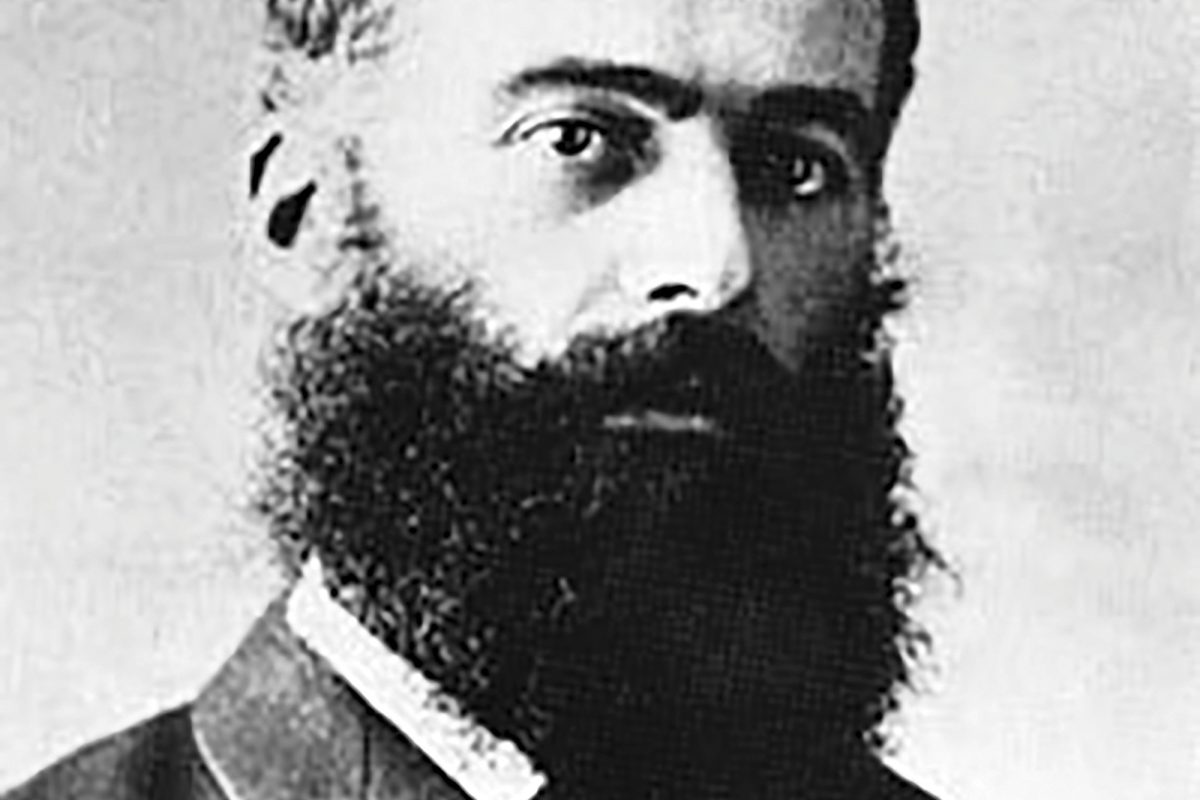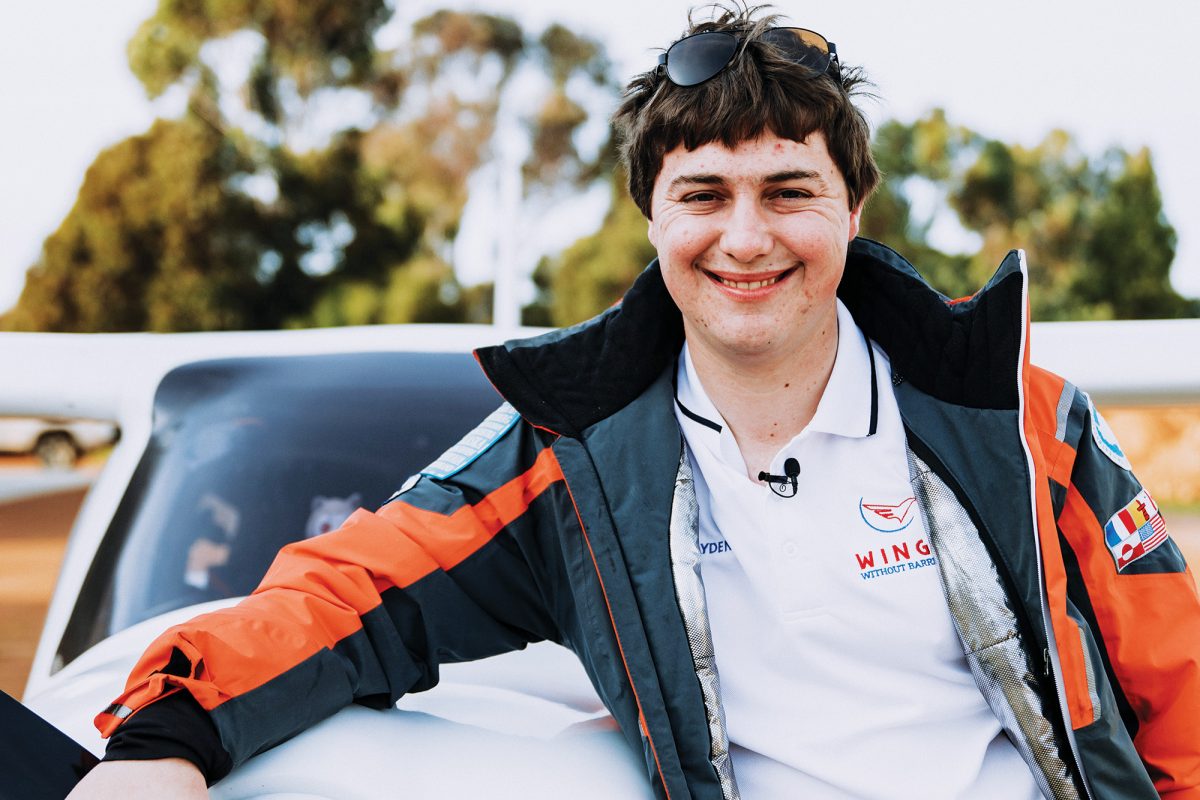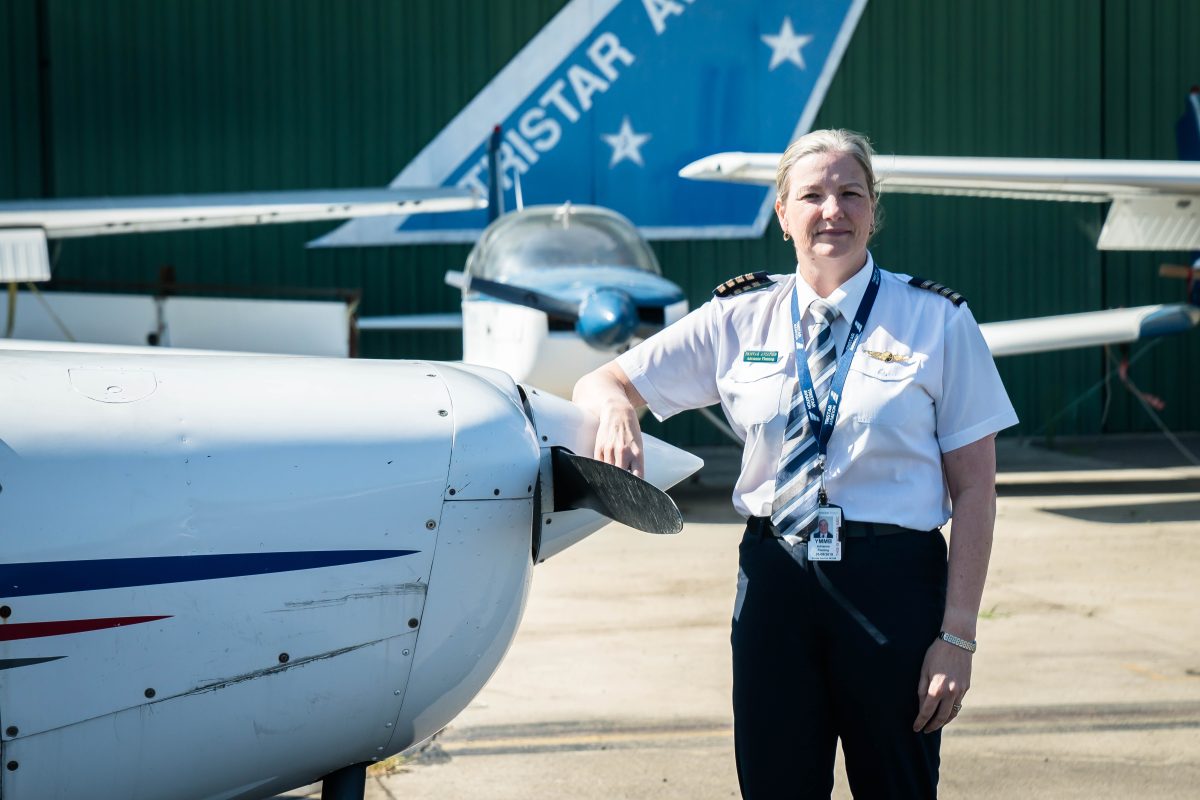15-YEAR-OLD RILEY’S STORY OF FOCUS AND DETERMINATION TO FLY
What is it like to learn to fly as a young person? Riley’s flying experience started at the age of 13 when he was gifted his first textbook, Basic Aeronautical Knowledge.
Riley worked his way through the textbook over a 12-month period and during the school holidays in 2021, he self-revised the subject matter before sitting the flight training exams. This approach was taken to allow him to focus on pilot training which was planned in several intense one-week blocks later in 2021.
Riley lives in Broken Hill with two younger brothers. They are all active kids with multiple interests, which is why the intensive approach was taken to minimise ongoing disruption to other activities and to allow his whole family to support his learning. Booked in with Tim Laidler, Chief Flying Instructor and owner at Riverland Flight Training operating from Monash (a fivehour drive each-way from Broken Hill), flight training commenced in March. Riley flew over the period of a week, weather permitting. This approach was repeated again in April and then May. In total, his training was completed in 12 days over three intensive sessions. When he passed his flight check, he flew solo on his 15th birthday with his parents and younger brothers at the field to witness one of the most significant moments in a pilot’s flying career. We believe that Riley is one of the youngest Australians to get his certificate.
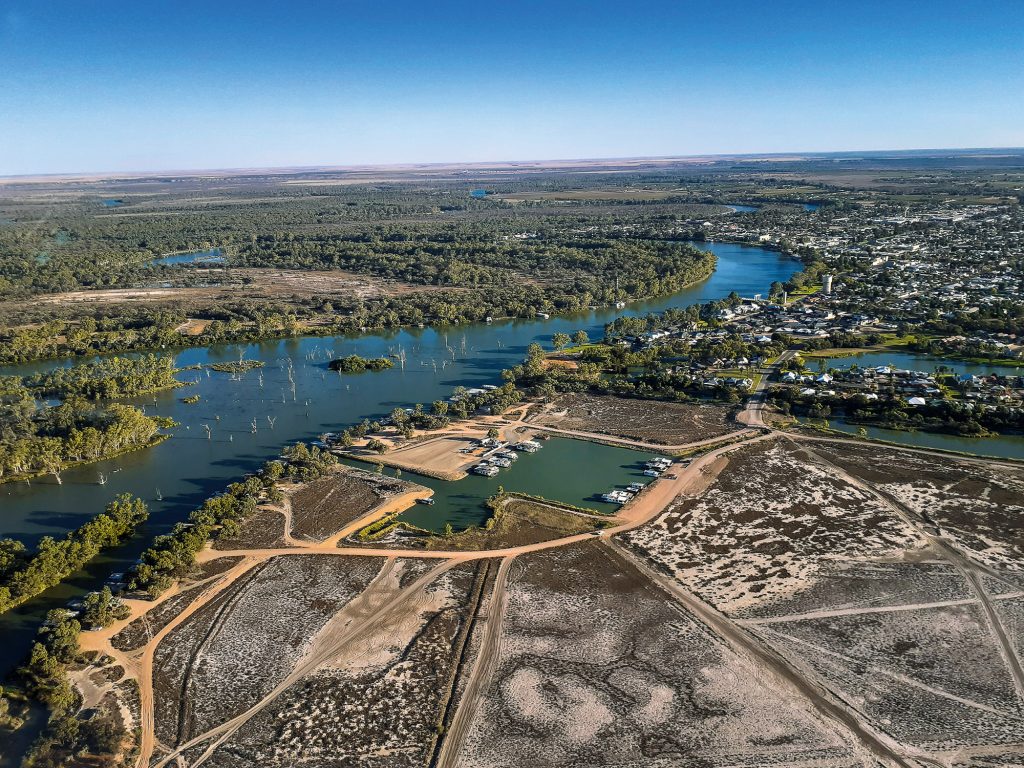
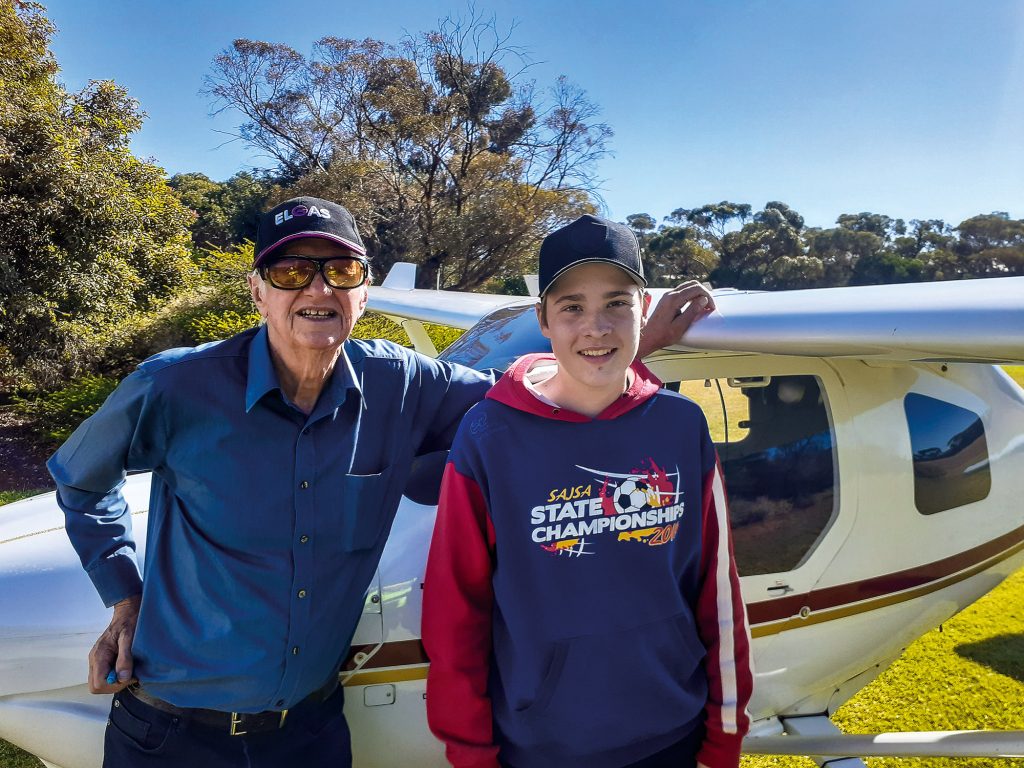
Learning to fly is a major undertaking, even for an adult, so for a teenager who cannot legally drive a car, the achievement cannot be understated. Supporting a teenager learning to fly doesn’t come without significant financial costs and time. The training and theory lessons take time and come with their own ups and downs, challenges and achievements. Riley supported his learning using online video and theory resources as well as the textbooks. Finding an instructor who will support and develop the student as well as keeping the family in the loop is important, especially when the going gets tough. Pre- and post-flight briefings, couch flying and lengthy conversations about what went right and what didn’t all contributed to keeping Riley positive and keen. Pilots know that flying is personal – you feel great when it goes well and when it doesn’t, well… you get the picture. For a young person, emotions are still being explored, so mindset is a significant factor which impacts learning and progression.
Riley has grown up around recreational aircraft and has flown many times in the passenger seat. He said this familiarity helped with his training but did not take away from the challenges. I asked Riley if he had found the process of learning to fly difficult and he said that he did not enjoy the theory part of it and that some flight lessons were exhausting. On several occasions in the first five hours of training, he would head back to bed for a couple of hours’ sleep at the first chance he got. Riley says the achievement is definitely worth the effort. With that in mind, he has now started studying navigation, in preparation for his cross-country endorsement which will happen in the next few months. Depending on what he decides to do with his flying in the future, as with life generally, this is a lesson best learned early and will set him up for any future endeavour. Riley said his advice to other teenagers learning to fly would be to expect that parts are hard, but to not get down and keep working away. He is modest about his achievement so far but describes his new skill as “pretty cool”.
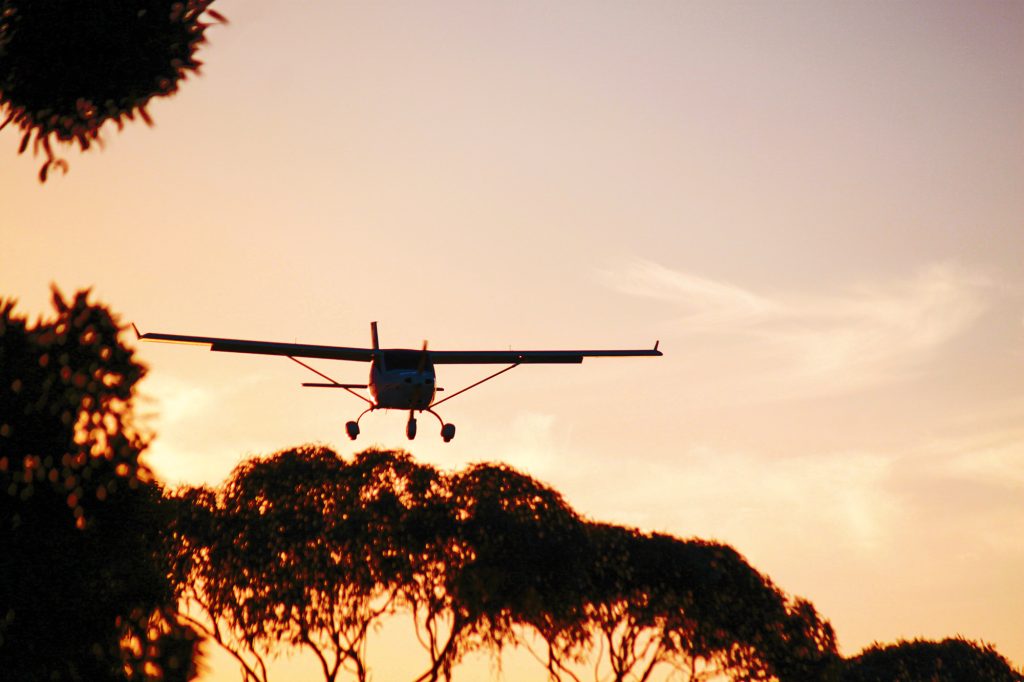
CFI Tim Laidler has been an instructor with RAAus for over 20 years and was instructing in gliders well before that. According to Tim, young students are likely to be more challenging to talk to and are less likely to provide feedback in areas they are struggling with. He points out that despite this, they learn much faster than adults who (he said with a chuckle) are often only too keen to give feedback. From his experience, Tim says young students who are supported by their parents are the most likely to succeed. In every case, young or not so young, the key is to find the approach which works best for the individual – one size does not fit all. As Riley’s dad, I see the lessons aviation can teach a young person: responsibility, persistence, respect, effort and reward are the big ones for me. His mum, Rachel, has the patience of a saint and has been a big part of supporting his achievement.
Riley, remember there are old pilots and there are bold pilots. There are no old, bold pilots. Fly safe, love from Mum and Dad, Luke and Toby.
